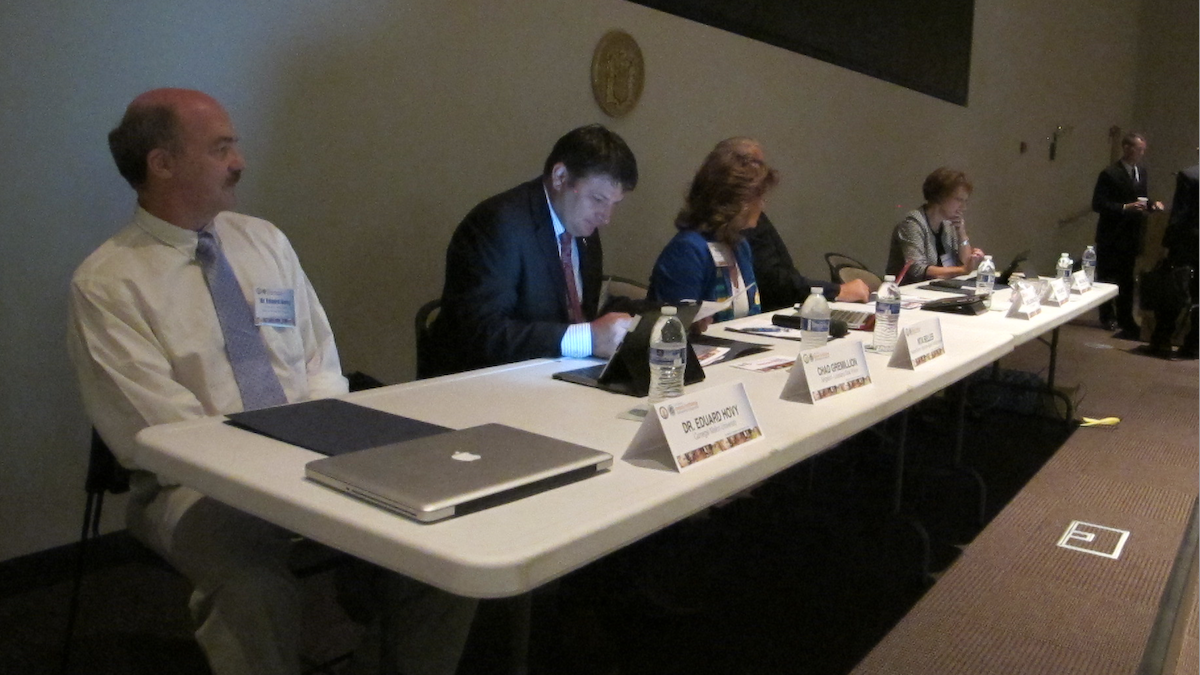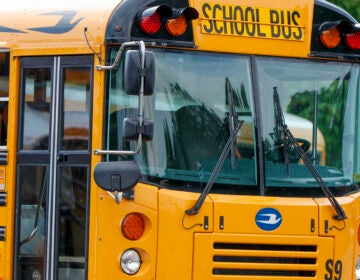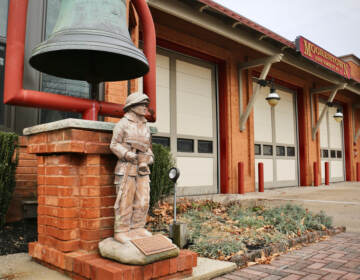N.J. lawmakers advance plan to target human trafficking through training in schools
The International Labor Organization estimates 1.2 million children worldwide are forced into work or sexually exploited every year.

Participants at a symposium at New Jersey State Police Headquarters in Trenton last year discuss strategies to combat human trafficking. An Assembly committee Monday advanced legislation for a pilot program in selected school districts to identify and respond to child trafficking. (Phil Gregory/WHYY)
A New Jersey Assembly committee has advanced legislation for a pilot program in selected school districts to identify and respond to child trafficking.
The International Labor Organization estimates 1.2 million children worldwide are forced into work or sexually exploited every year.
Teachers, administrators, and students need to learn about the dangers, said Nathanial Hirschman of Project Stay Gold, a student organization working to raise awareness of human trafficking.
“They should know the warning signs, the recruitment methods, the risk factors, and how to respond to a potential instance,” Hirschman said. “The school system is our access point in the fight for awareness. It will help us stare this evil in the face, shine a light, and rid ourselves of it once and for all.”
But the training and education must be based on research done by people who have experience in the field, cautioned Rush Russell, executive director of Prevent Child Abuse New Jersey.
“This is a very sensitive topic, and it’s too easy for somebody to bring in somebody who says they know somebody who hurt somebody, that knew somebody who wants to tell their story,” Russell said. “And they come in and talk to the school about their opinions about trafficking. The school checks it off and says, ‘OK, we did it.’ And that’s not sufficient.”
After the three-year pilot program, the state’s education commissioner would issue a report to the governor and the Legislature on whether it should be implemented statewide.
WHYY is your source for fact-based, in-depth journalism and information. As a nonprofit organization, we rely on financial support from readers like you. Please give today.



